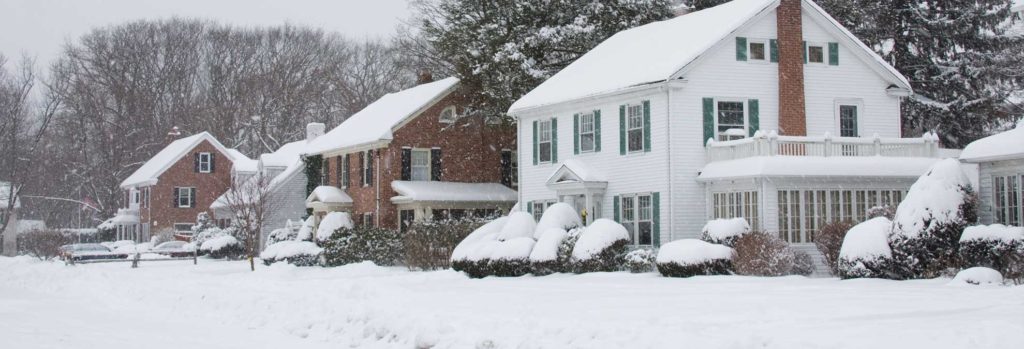
If you’re about to embark on the search for an accessible home, you may be worried about your chances of finding a property that suits your needs. It’s normal to feel nervous, but with a strategic approach, you’ll have no trouble putting down an offer on a home you can easily modify! These simple steps will provide you with a road map to buying an accessible home.
Considerations for First-Time Buyers
If you’re buying your first home, you’ll have quite a few important tasks on your to-do list! For instance, you’ll need to look up your credit score and start creating a house-hunting budget. Additionally, you’ll have to start looking up local real estate agents, preparing necessary paperwork for your lender, and identifying organizations that may be able to help you cover your down payments or the cost of home modifications. In the early stages of house hunting, you may want to create a checklist outlining these items so you don’t overlook anything important!
Financing Your Home Purchase
As a homebuyer with a disability, you might be eligible for financial assistance through the Housing Choice Voucher program or Habitat for Humanity, but while you may qualify for certain forms of assistance, there’s a good chance that you will still have to take out a mortgage to buy a home. If this is the case, Money Under 30 notes that FHA loans can be a great option.
First-time homebuyers with short credit histories and who can only afford small down payments can qualify for FHA loans. However, it’s always important to research all of your loan options when applying for a mortgage.
Choose a Great Realtor
In your search for an accessible home, working with a reliable realtor will be essential. You’ll undoubtedly have some unique concerns and questions, and your realtor can help you find the perfect home without compromising on your needs. With the help of a group like Title First Agency, you can connect with a realtor who will look out for your best interests during the house-hunting process and support you all the way through closing day.
Touring Properties
Once you’ve connected with a realtor, you’ll be ready to start visiting a few properties in person! This is where it’s important to be selective. While older, historic homes may be beautiful, they will also be harder to modify. Therefore, it’s crucial to check out homes that were built recently. Chances are, you’ll also prefer to tour single-story homes – while you could add a stair lift or elevator to a two-story home, those projects could prove to be quite expensive.
Find Reputable Movers
As soon as you close on a home that you love, it will be time to start packing and searching for a moving company. It’s best to start saving for moving costs well before closing day so that you’re not caught off guard! To find a trustworthy moving service, compare online reviews for a few different companies so you can make an informed choice.
Modifications
You may need to make certain modifications before and after you move in. Depending on your specific needs, 101Mobility recommends replacing entrance stairs with ramps, installing a safety frame around your toilet, and adding handrails along the walls where necessary. In order to move forward with these projects, you’ll need to bring a few contractors on board. Popular Mechanics states that you should make sure any contractor you hire is insured and officially licensed to work in your area.
When you’re on the lookout for an accessible home, it can be difficult to peruse local listings and identify properties that will fit your personal requirements. That’s why it’s important to work with a great realtor, seek out available assistance, and plan for modifications. If you’re proactive about this process, you’ll be surprised by how quickly you find a comfortable, accessible home.
Photo via Pixabay

 See Our National Coverage Map
See Our National Coverage Map